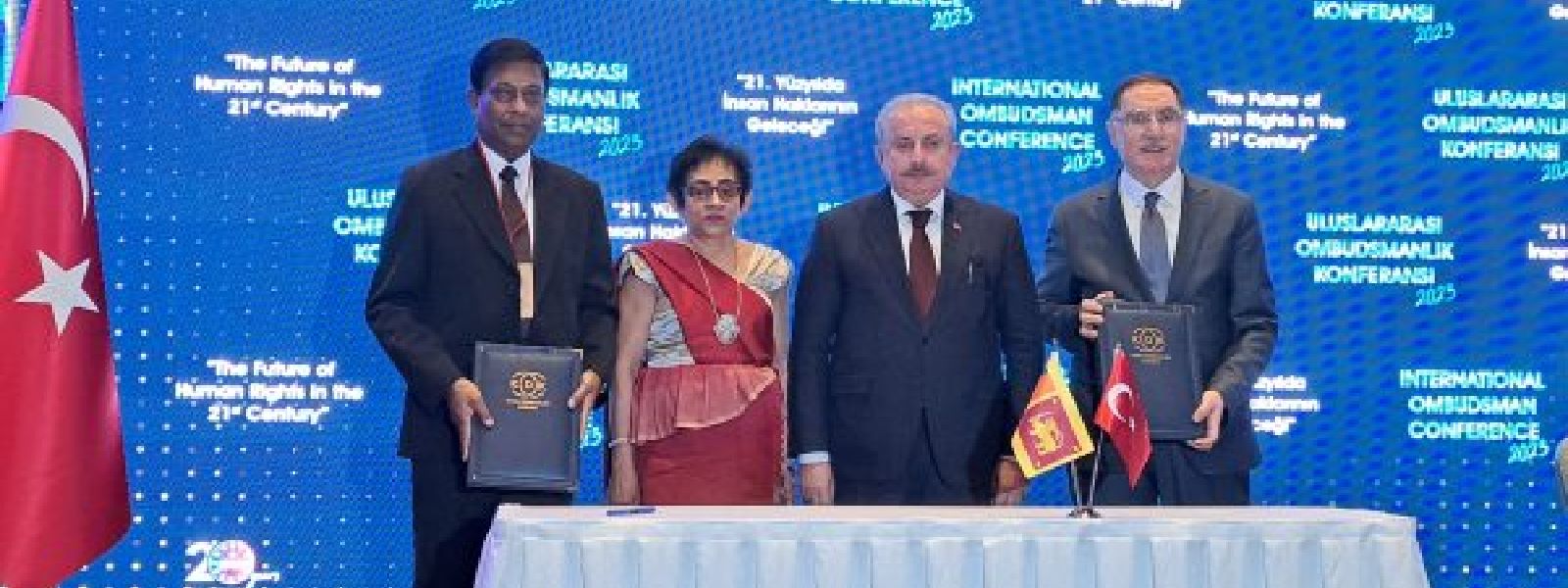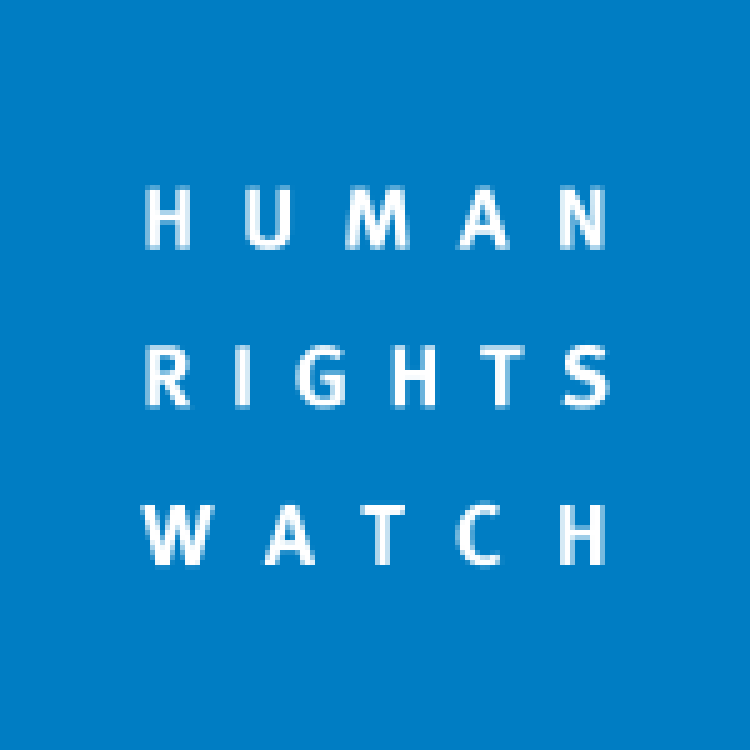
The Office of the Parliamentary Commissioner for Administration of Sri Lanka and Ombudsman Institution of Turkey entered into a Memorandum of Understanding (MoU) to protect human rights, despite ongoing human rights abuses.
The International Ombudsman Conference 2023 under the theme ‘The future of Human Rights in the 21st Century’ is funded by the European Union. More than 70 Ombudsmen participated from different regions Asia, Europe, Africa and the Middle East and shared the legal framework of Ombudsman in their own countries and their insights on the protection of human rights.
The MoU between the Office of the Ombudsman of Sri Lanka and Ombudsman Institution of Turkey was signed in the presence of the Speaker of the Parliament of Turkey, Mustafa Sentop, Sri Lankan Ambassador to Turkey, Hasanthi Urugodawatte Dissanayake, Ombudsman of Sri Lanka Justice (Retd.) K.T. Chitrasiri, and Chief Ombudsman of Turkey Seref Malkoc. Ombudsman of Sri Lanka Parliament and Chief Ombudsman of Turkey signed the MoU.
The MoU was signed on the 11 January, a week before the Sri Lankan army intervened to prevent the Tamil Families of the Disappeared from participating in the protests and disrupted their journey to Jaffna from Mullaitivu at the Elephant Pass. The military engaged in tactics of intimidation and noted down the details of their vehicles.
Sri Lanka’s police would also attempt to disperse demonstrators through the erection of roadblocks and the violent use of riot shields and water cannons.
In its annual world report, Human Rights Watch (HRW) noted that the Turkish government had continued to carry out "abusive manoeuvres" against political opponents.
"The government has carried out highly abusive manoeuvres against the political opposition, blanket bans on public protest, and the jailing and conviction of human rights defenders and perceived critics by courts operating under political orders," Hugh Williamson, the Europe and Central Asia director at Human Rights Watch, said in the report.
In October, Turkey adopted a law proposed by the AK Party that would jail journalists and social media users for up to three years for spreading "disinformation", sparking deep concerns over free speech.


